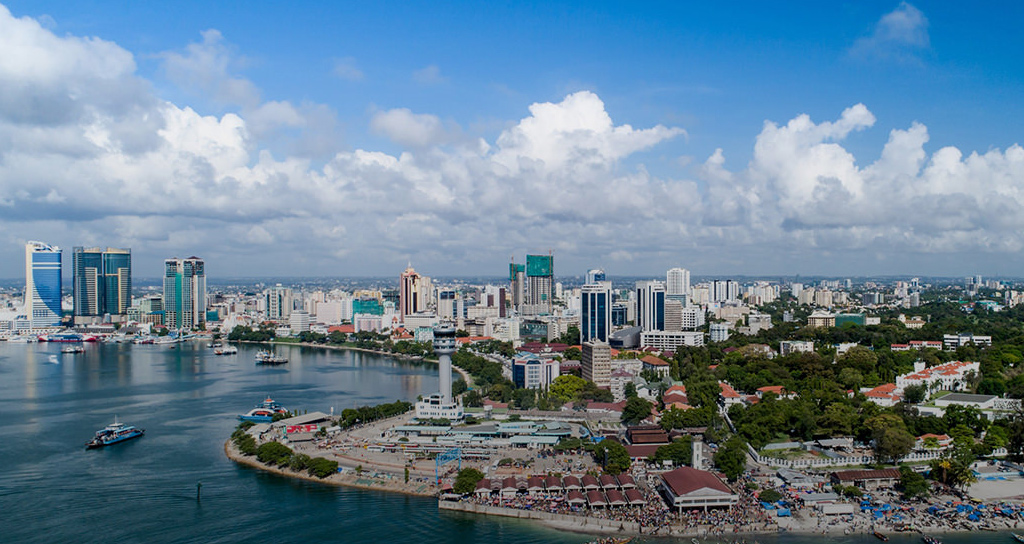In a remarkable demonstration of commitment to economic self-reliance, the Tanzania Investment Centre (TIC) has forged a historic agreement with investors, sealing a game-changing deal worth Sh4.2 trillion.
This bold move, aptly titled “Trade Not Aid,” holds the potential to substantially reduce the country’s dependence on goods imports, strengthen local industries, and pave the way for a more prosperous future. Tanzania’s proactive approach to addressing global challenges through homegrown solutions sets a commendable precedent for other nations grappling with similar issues.
Reducing Goods Imports
The primary objective of the Sh4.2 trillion deal is to diminish Tanzania’s reliance on goods imports, an issue that has plagued many developing countries for decades. By actively promoting trade rather than relying on aid, Tanzania aims to bolster its domestic industries and foster economic growth from within.
This paradigm shift not only enhances the country’s self-sufficiency but also generates employment opportunities, reduces trade deficits, and strengthens the overall economy.
Boosting Local Industries
One of the most significant advantages of the Trade Not Aid approach is the potential to stimulate the growth of local industries. With substantial investment directed towards key sectors, such as manufacturing, agriculture, and technology, Tanzania can unlock its full economic potential and harness the entrepreneurial spirit of its citizens.
This surge in local industry will not only create job opportunities but also foster innovation, knowledge transfer, and sustainable development, ultimately reducing the need for imported goods.
Promoting Self-Reliance
By embracing Trade Not Aid, Tanzania demonstrates its determination to achieve economic self-reliance. Traditionally, aid has been a lifeline for developing nations, but it often comes with strings attached and can inadvertently perpetuate dependency.
Tanzania’s shift towards trade signifies a fundamental change in mindset, emphasizing the importance of fostering self-sustainability through investment and domestic production. This transformative approach empowers Tanzanians to take charge of their own destiny and lays the foundation for a resilient and prosperous nation.
Homegrown Solutions to Global Challenges
Tanzania’s Trade Not Aid initiative is a shining example of a homegrown solution to a global challenge. Instead of waiting for external assistance, the country’s leaders have taken matters into their own hands, leveraging the strengths of their nation to drive progress.
This approach inspires other nations to reevaluate their strategies and consider innovative, self-reliant approaches to economic development. By championing homegrown solutions, Tanzania encourages a paradigm shift in the global narrative surrounding aid and offers a viable alternative that fosters sustainable growth.
In conclusion, The landmark deal between the Tanzania Investment Centre and investors represents a significant milestone in the country’s pursuit of economic self-reliance. With a focus on trade rather than aid, Tanzania aims to reduce its dependence on goods imports, boost local industries, and foster a sense of self-sufficiency.
By embracing this innovative approach, Tanzania sets an inspiring example for other nations and Investors, demonstrating that homegrown solutions can address global challenges effectively. As the nation moves forward, it is poised to unlock its immense potential and pave the way for a more prosperous and self-reliant future.
For more article, read here.

